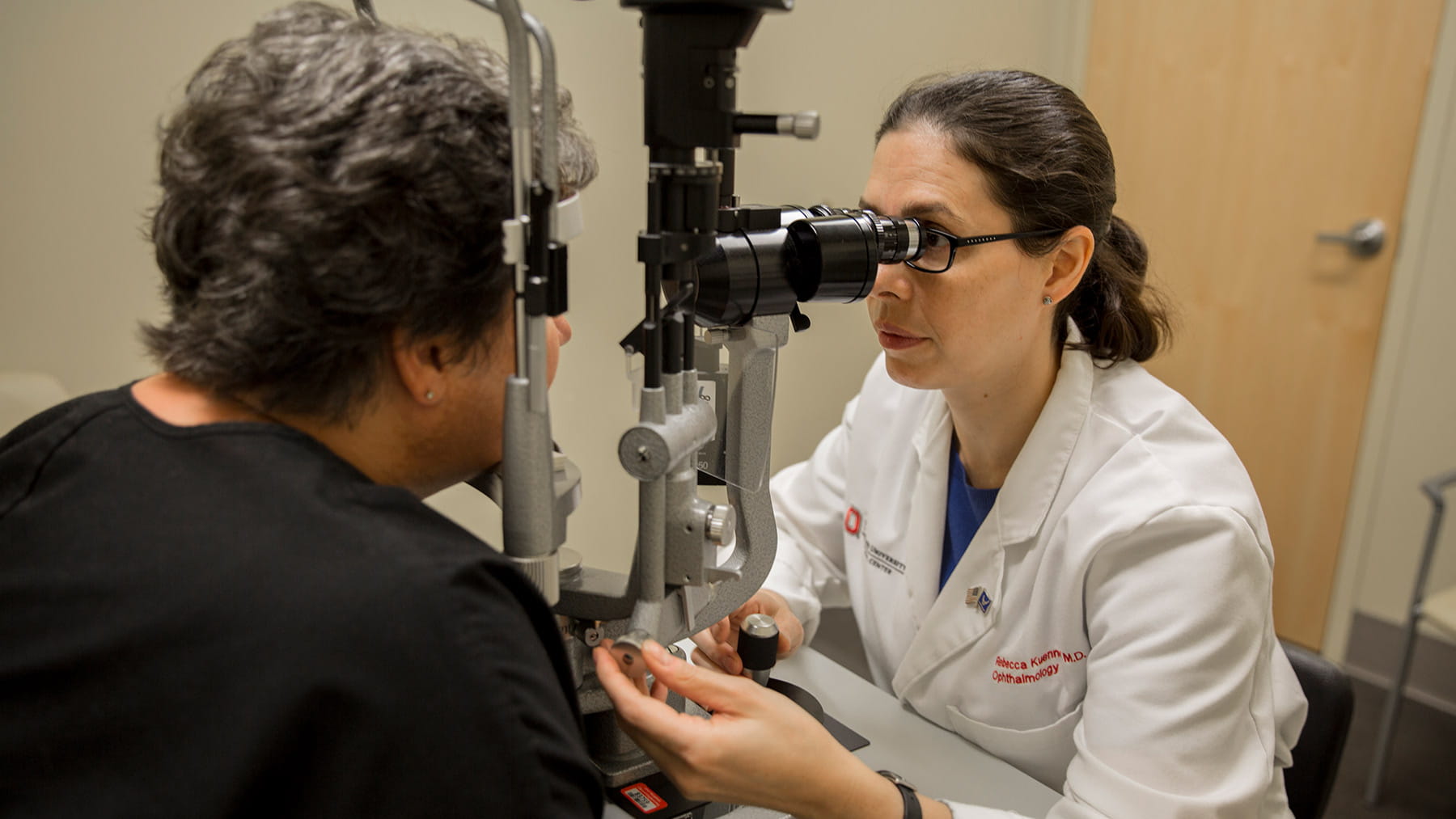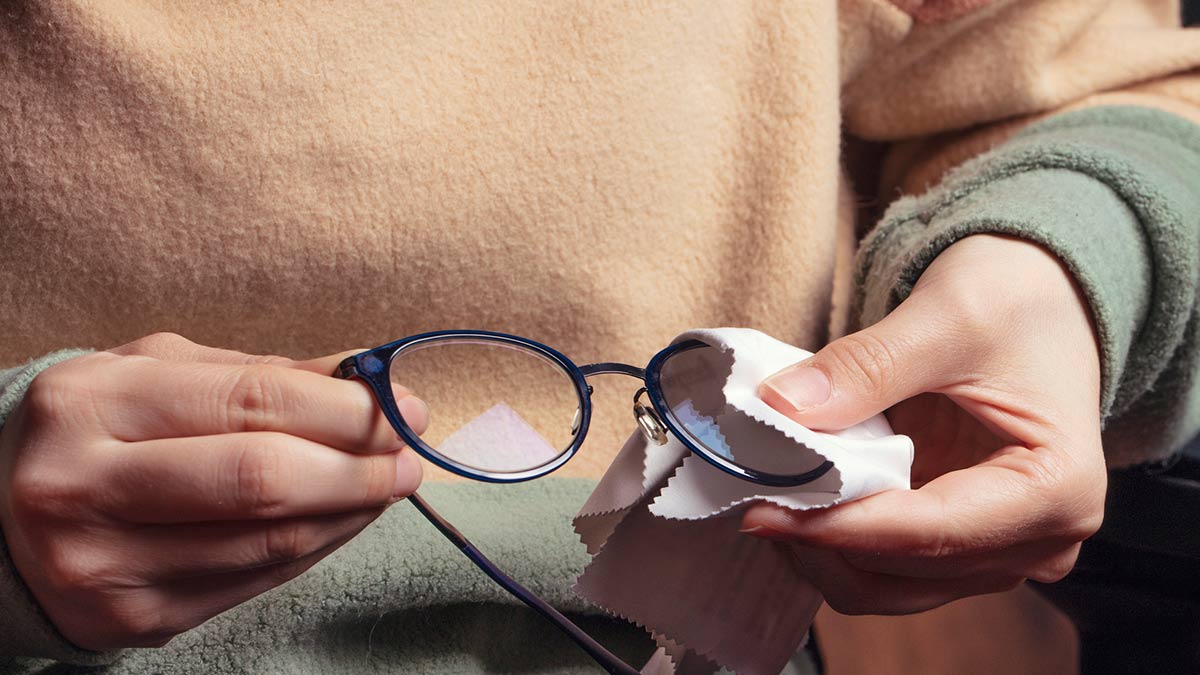4 things you need to know about pink eye

Pink eye, or conjunctivitis, is inflammation and irritation of the membrane lining over the white part of your eye. It’s most often caused by a common virus, but can occasionally come from a bacterial infection.
While pink eye isn’t dangerous, it’s not something you want in your home. Here are four things you should know about pink eye:
Highly Contagious
Pink eye is very contagious. That’s why we often see it spread quickly through schools, nursing homes or the family. The germs spread by direct contact – touching tears or mucus from the eye and then anything else. The virus can hang around for about two weeks, making it more likely to be passed on. There are about 3 million cases a year in the U.S.
Symptoms
The symptoms of pink eye can be similar to other illnesses, like a cold or allergies: watery discharge, puffy or swollen eyes, irritation and light sensitivity. However, with pink eye, the symptoms start in one eye and spread to the other within a couple days due to cross contamination. You might also have an enlarged lymph node in front of the ear on the affected side.
Treatment
If the cause is bacterial, your doctor can prescribe some antibiotic eye drops to ease the symptoms and speed up healing. However if it’s viral, as most pink eye cases are, then you’ll need to wait it out, just like the common cold. I tell patients that artificial tears and cool compresses can help, in addition to some anti-inflammatory medication such as ibuprofen.
If you work with the public, stay home until symptoms clear up. You can be contagious for up to 14 days while you have symptoms.
Here’s the fun part. In order to stop the viral spread, you have to take extra care to decontaminate your living and work space. It’s very important to stop touching near your eye and wash your hands frequently. Don’t hang onto or reuse tissues. Wash your towels and bedding. It’s also a good idea to disinfect common touch points such as faucets, door handles, kitchen appliances, computers and shared remotes or gaming controls.
This time of year, we can’t stress it enough – don’t touch your eyes, especially in public spaces, and wash your hands well. This can help you avoid pink eye and other similar viral infections.
Rebecca Kuennen is an ophthalmologist at The Ohio State University Wexner Medical Center.




